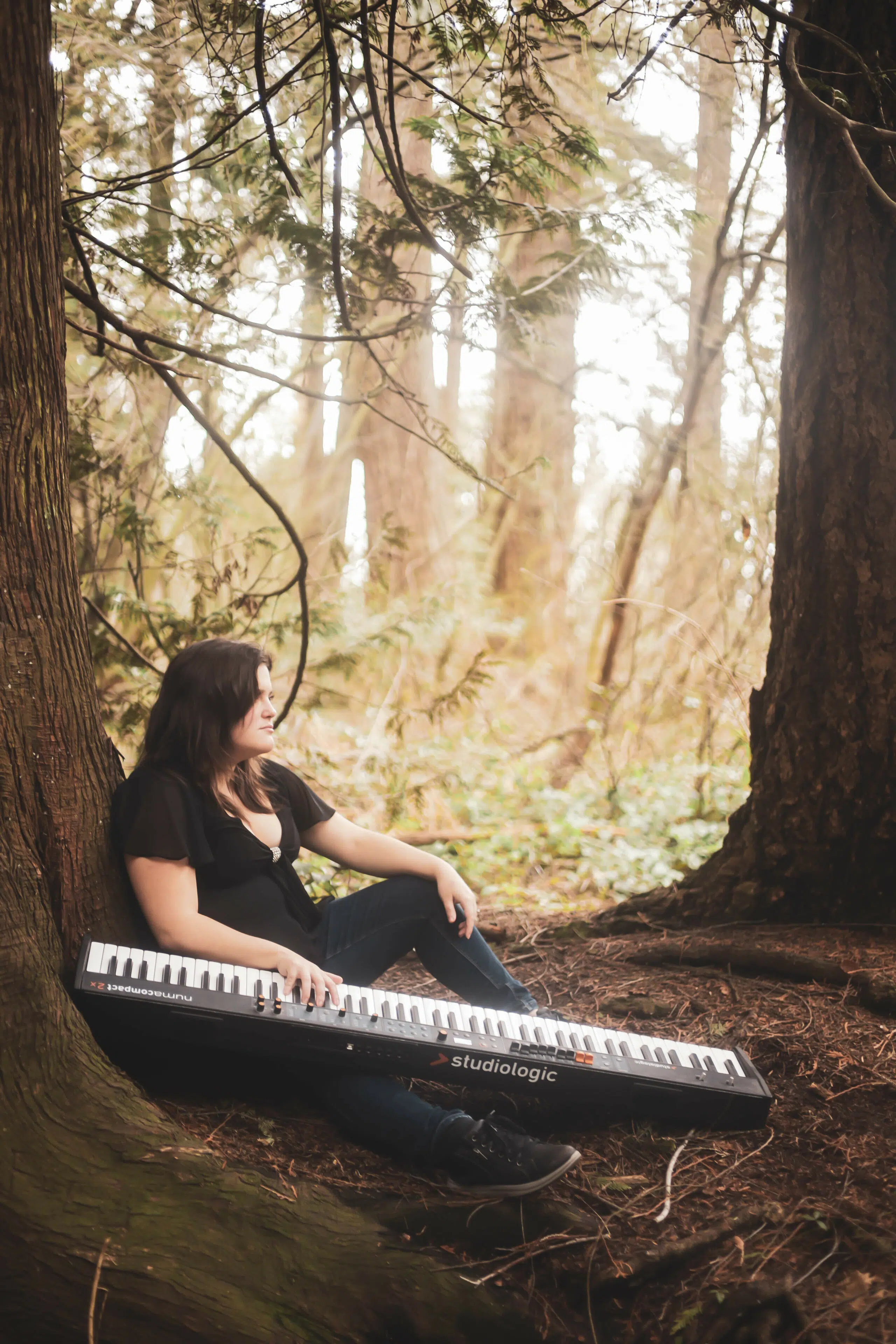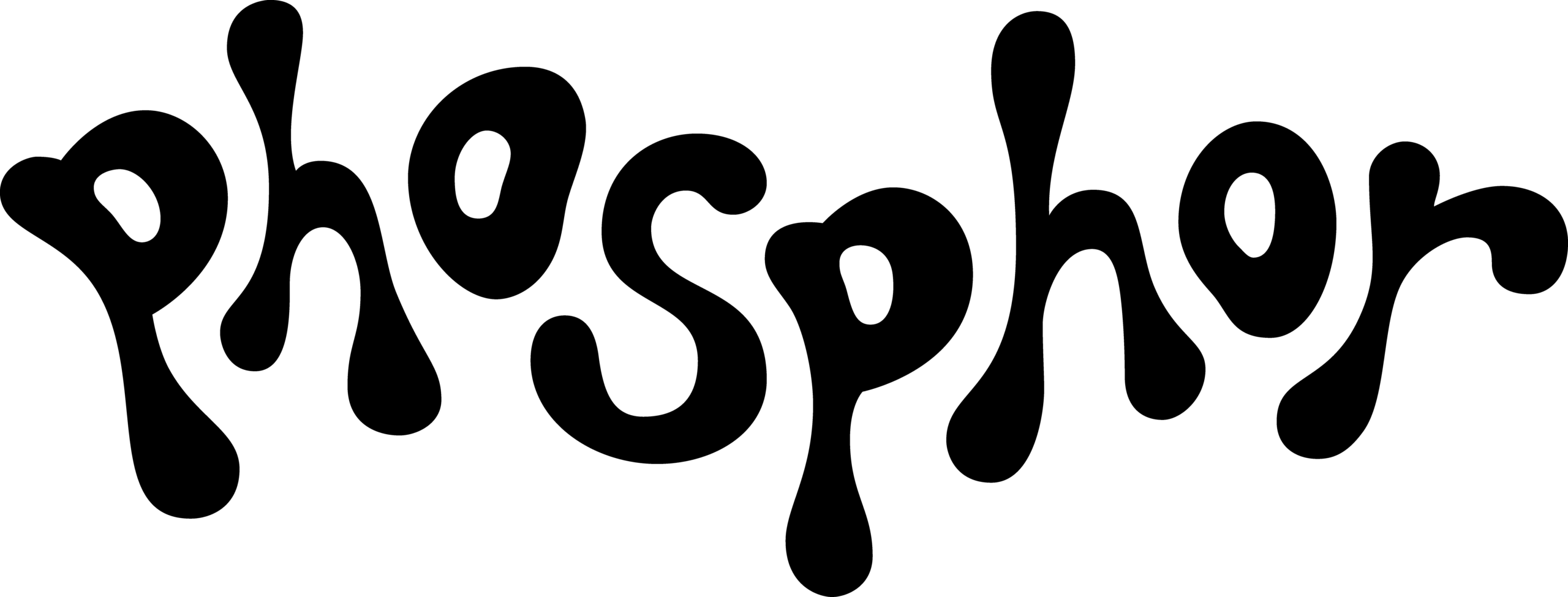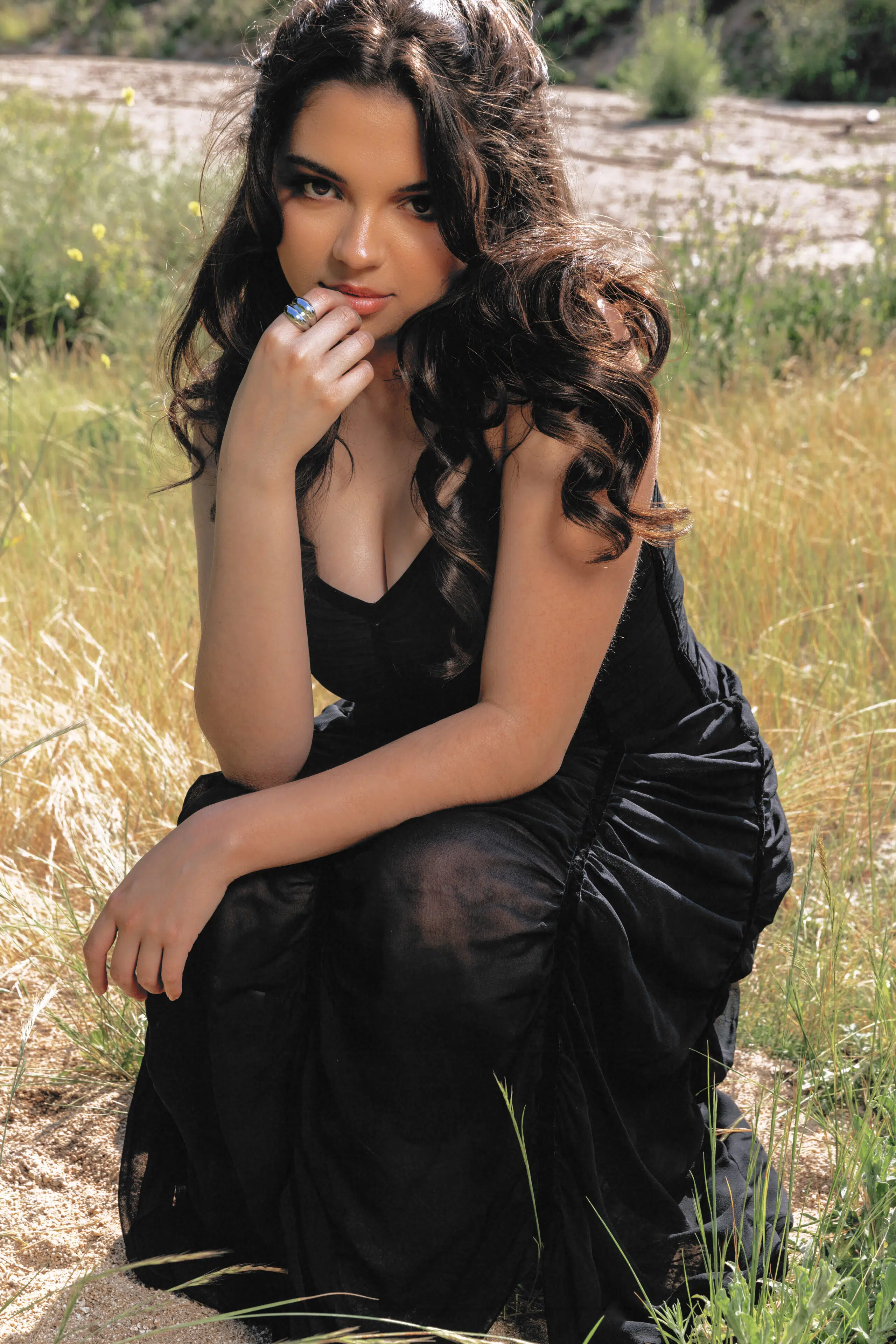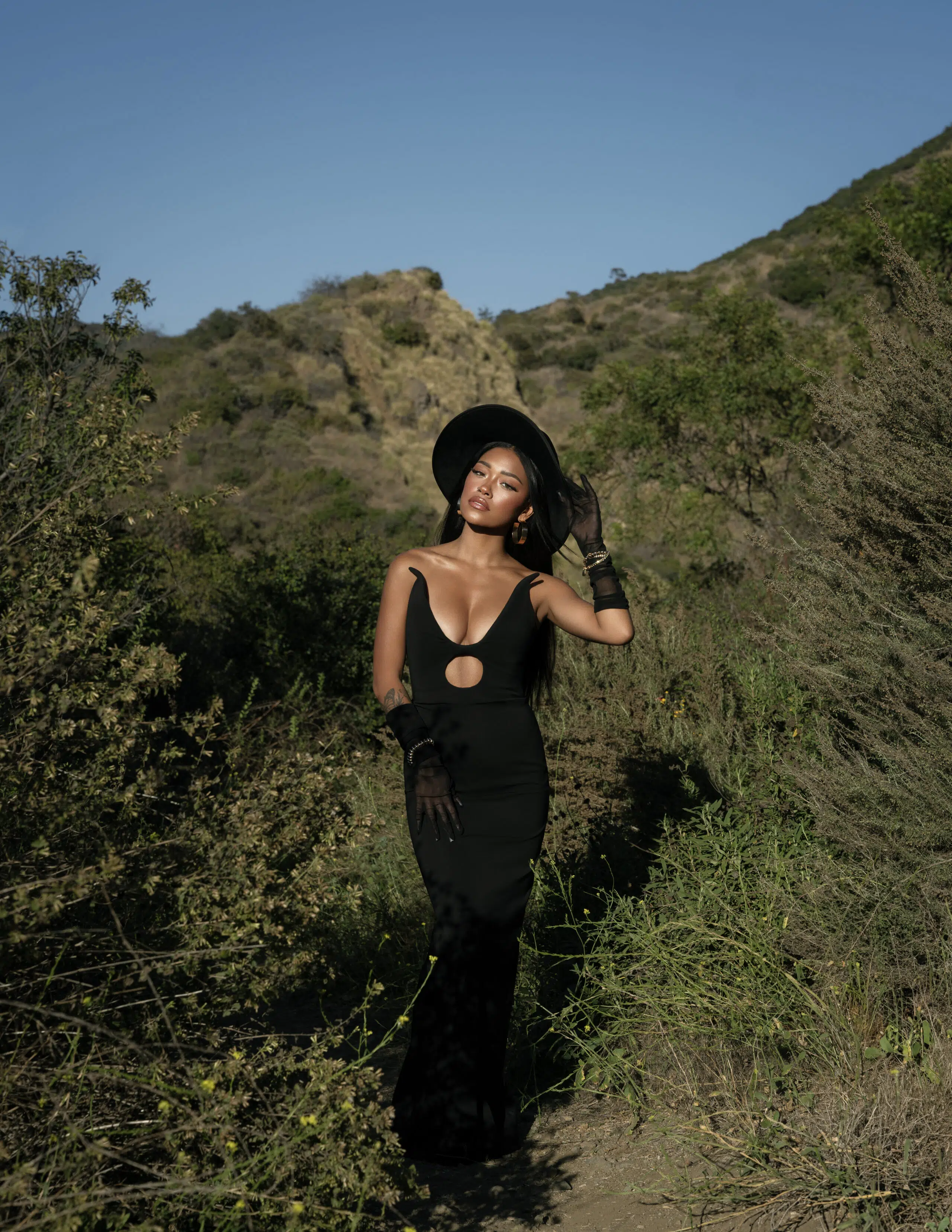
Rachael Ransom on unfiltered creativity and creating unity in the disability community
With Rachael’s debut album, Sixty Seven Ten, released on May 10th, 2024, the Canadian soul-touching, dreamy singer-songwriter is still full steam ahead. She is already calculating and planning her future projects as we speak. She demonstrates her versatility in her craft as she talks about her desire to explore and experiment with different genres and elements to further herself as an artist. With her upcoming album being more pop-focused, she explains her reasoning and decision to create something entirely different from her upcoming album.
“I think there’s a place for catchy stuff. When I’m running, I want [a song] that is 125 beats per minute. I want to keep pace. I want to keep going. But when I’m listening on a bus, and I’m looking out [of] the window thinking about all [of] my hopes and dreams, I want to be feeling something a little bit more than [a catchy chorus and a fast tempo]. I’d be interested in pushing myself out [of] my comfort zone. [I would like to create] a rock album. We’re at the head of the path, [and] I’d like to go further,” says Rachael as she discusses her desires moving towards the future.
With an accumulation of different emotions being displayed in an authentic, raw, stripped-back manner delivered to the listener, Rachael opens up about her lyrical process, the genuine emotions that she aimed to represent in the album, and her thoughts on painting a musical picture for people to interpret and apply to their own lives. “It’s a mix of everything. There are some songs I wrote because I was pissed off. There [are] some songs I wrote because I was really sad. Some songs I wrote because I was curious about the way the world works. [And there are other songs] I wrote because I was really happy and feeling content. I think when you are a songwriter, you start off by writing the song for [yourself], and then you give that to other people to listen to. They get to [apply] their own [interpretations and meanings] from their own lives [and experiences]. When you hear a song, you think about your own life. Maybe it reminds you of something. That’s the beauty of creativity. I don’t have to project my views or thoughts on you. You get to create something with the images I’ve given you,” says Rachael as she reflects on the different emotional ties she had to each song on the album during its creation and her views on creativity.
Being connected with the Vancouver Adapted Music Society has opened countless doors for Rachael, including being connected with her producers for this album, Bryden Veinot and Noah Stolte. With the process and dynamic being pivotal for the creation between her and her producers for her album, Rachael and Bryden discuss the nature of their easy-going, natural creative relationship and process for the album. “We approached everything pretty differently. I don’t think one song we [created] the same [way] as [we did] the [last song]. In terms of the order of operations, sometimes Rachael [would] just [be] plunking on [the] piano, and [she would have] the lyrics [in] a recording [on her]. I [would] drag that file into the production software and then start [building and start] putting some meat on the bones. But the first track on the album was [created when] Rachael came into the studio, and I [already] had a guitar in my hand, as I normally do. That’s my comfort zone. I was just playing a random chord progression and [playing] it on the nylon guitar, and then [Rachael was] like, ‘Oh, what is that? I like that!’ She [already] had some lyrics in her phone, [and then she] started writing some more. [By the end of] that day, we had a song.”
“There was no pressure to do it any sort of way. We worked on a [little] bit of one [song and] then we worked a bit [on] another [and] another. [We would make] some distance [between working on] every song [and then] after a while [we would] go back with fresh ears and attack It again. It was very cool! Our dynamics and influences are all extremely different between Rachael, Noah, [and myself]. [Rachael is into] more [of the] 70s [and] 80s. Noah [is into the] 90s [and] 2000s. I’m more modern. I don’t even know what I am [into. I am into] a bit of everything, but I have an appreciation for a lot of the modern techniques. So, being able to blend fifty years worth of influences was pretty eclectic, to say the least,” adds Bryden as he discusses their work dynamic during the making of the album.
Rachael has always had an itch for the arts. Starting from a young age, her interest in film burrowed its hooks in deep. With an undeniable determination to succeed, she communicated and displayed her desire to succeed numerous times. “Not to sound like a pompous asshole, but I always knew that I was [going to] get into film. You know, when you’re in high school, and people are like, ‘What are you going to do when you graduate?’ [I always said that] I’m [going to] work in film. I just kept saying it over and over and over [again]. I [have] always [done] music, as well, but I never thought that [making] my music would be [for] anything more than I did for myself.”
“[After] I graduated, I went to university [to study] writing, screenwriting, poetry, [and] nonfiction. [I] ended up getting my first job working [on] documentary films, and [I continued] from there. I started on a series called [The] Age of A.I. [It’s] on YouTube. I worked for that company, Network Entertainment, for five years. [I] left at the end of 2022. My then boyfriend, now fiancé, and I went to Europe for two and a half months, and then I came back and [started] freelancing again. [I’m] doing some story producing [and] archive producing, and [I] made an album this year, which is crazy. The music side [of things has been] interesting. I always played music. I was in choirs growing up. In elementary school, I did talent shows. In high school, I [was in] musicals. I was that kid, and then I started writing my own songs. I’ve always been writing, but it got more serious as I got older.”
“I started playing a few community gigs around Vancouver, like community centers [and] things like that, and [that’s how] I got introduced to people that work at VAMS [(the Vancouver Adapted Music Society)]. It was my friend, Dave, who said, ‘You should come and join VAMS, and you should meet Graham!’ So, I got connected to VAMS that way, and then Bryden joined the crew. [Ever] since Bryden joined the crew, he’s been politely harassing me to record some of my songs because [he had] heard some of them at live shows, and finally, last year, I said, ‘Okay, let’s do it!’ [That’s when] we decided to make this album, and [it has] been really great!” Rachael says as she describes her journey traversing through film and music growing up to her latest album.
Being diagnosed with cerebral palsy, a congenital development disorder, at birth, she has faced different sets of boundaries throughout her lifetime and in the workplace. She discusses the stigmas she has faced as well as the unnecessary use of labeling when it comes to art created by the disabled, “When I walk into a room, [my disability] is the first thing people see. So, when I’m in a professional setting, [like when] I’m at a film conference, I know that when I enter a room of new people that I’ve never met, they probably, [innocently], go, ‘Oh, I wonder what’s wrong with her?’ [They say it] just out of pure curiosity. So, in a weird way, [I feel like] I have to prove that I’m more than that and that I have something really good to offer to the team through my work. I have to be the best, and I don’t say that to be cocky. I say that because [there are] about thirty million other people behind me [that] probably don’t have a disability, have a driver’s license, [and] don’t live with chronic pain. So, [I have] to work [my] frickin’ ass off. It feels really great [and] rewarding [that] I get to do all these cool things in my career. I’m a cripple, and I still got to do this. That is incredible!”
“My philosophy [is] there isn’t ‘able-bodied’ and ‘disabled.’ There is ‘disabled’ and ‘pre-disabled.’ Everyone could [have something] happen [in their life at some point]. You could get hit by a bus tomorrow. Everybody’s going to get old, and things are going to get complicated. Then they’re going to understand. You and I are professionals. We’ve been doing this for a long time. [When] all [of] these people hit middle age and things start going wrong, they [will] start complaining, [and] we’re like, ‘Join the fucking club. Welcome, we’ve been here for years.’ That’s my view [on it].”
“When I meet people like Bryden and Graham, and I get to be involved with VAMS, which is an organization for people with disabilities, it’s so nice because I get to leave all [of] that at the door and focus on what’s most important. The music. [It] really makes a huge difference. [And] I think we need to stop over-labeling things. I know that there’s a lot going on right now, but I keep seeing opportunities being given like, ‘Okay, this grant is for people in the disability community who are only women. This grant is for people in the disability community who are BIPOC.’ I understand that we’re trying to pivot and make equal [opportunities], but I think we also need to understand that we’re all standing under an umbrella of minority. We all need to work together to create more opportunities, not in our [specific] niche community.”
“In the broader sense of things, we need to make people see that we don’t need a special grant. [It’s] isolating us more from the community as a whole. We need to say, ‘No, we should be able to contribute in this way because we’re good, period.’ There’s nothing else that matters there. It feels weird to label myself as a disabled artist and use that word, [but I do it] because I know that maybe more people will want to talk to me because of my lived experience.” Rachael says as she discusses her experience and the stigmas she has faced in her work environment and her views on over-labeling creating overall harm to the disability community.
Photography JADE WEEKES
Writer ICEIS AUGUSTINO
Special thanks to NATASHA GOREY at SWEET TOOTH AGENCY
You may also like
Deanie Chen on finding herself through music
From shooting at small venues in Kansas to touring with artists like Lawrence, Holly Humberstone, an
Cree on belonging and community
Cree shares her intimate connection to her latest project, Turtles All the Way Down, and reflects on
Leilani Green on becoming a role model
Leilani Green has captured the hearts of millions across multiple social media platforms, sharing ev







Post a comment